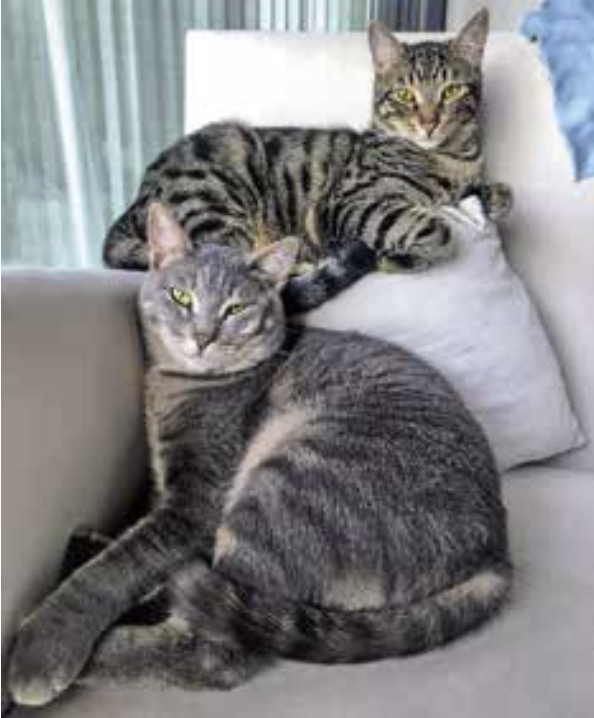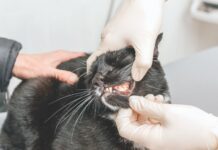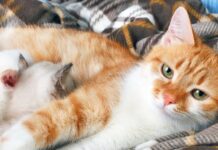Q: My 8-year-old indoor/outdoor cat was recently diagnosed with feline immunodeficiency virus (FIV) and is otherwise healthy. I want to do everything that I can to give him and his housemates a good quality of life as possible for as long as possible. Do you have any advice?
A: Thanks for getting in touch, and I am sorry to hear of your cat’s recent diagnosis. There are a number of things to consider with respect to his well-being and that of other cats in your home and outdoors, so perhaps a quick review of these would be helpful.
FIV can have significant impacts on a cat’s health, but cats infected with this retrovirus can live many years of high-quality life. FIV-infected cats are at increased risk for the development of other infections (due to virus-induced immunosuppression, as in humans with HIV), so it is important to have your cat seen by a veterinarian for wellness checks twice yearly, provide preventative care, and seek veterinary consultation immediately if you notice any signs of illness in the interim.
FIV is transmitted among cats primarily via bite wounds, so if there is no conflict among cats living together, the likelihood of transmission is low. This is NOT true of feline leukemia virus (FeLV), though, and many cats diagnosed with FIV are also FeLV infected, so please make sure that he has been tested for this virus as well. If he is FeLV infected, he should ideally not be housed with other cats, and certainly not with cats that have not been vaccinated against FeLV.
Regardless of his FeLV status, given the fact that conflict commonly arises among outdoor cats, he is a potential source of FIV infection for other outdoor cats, so he should be kept indoors for the safety of other outdoor cats.
It would also be ideal to test your other cats for both FIV and FeLV if you have not done this already. As mentioned previously, cats can live together and not transmit FIV if they don’t engage in aggressive conflicts, but even casual contact (socializing, grooming, sharing food and water bowels) is sufficient to transmit FeLV among susceptible cats.
Please work with your veterinarian to assure the best care for your boy, and send an update when you can.




